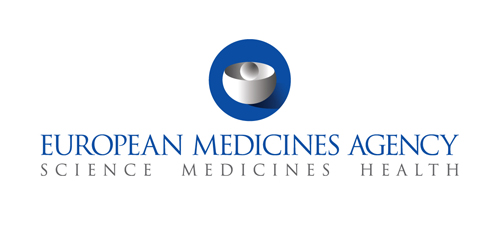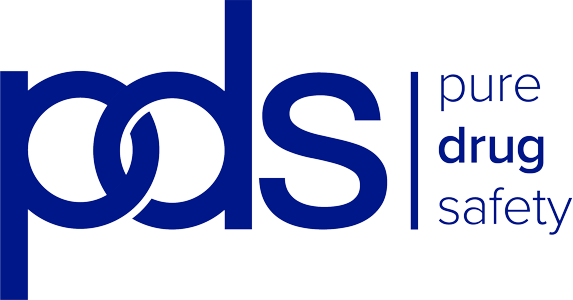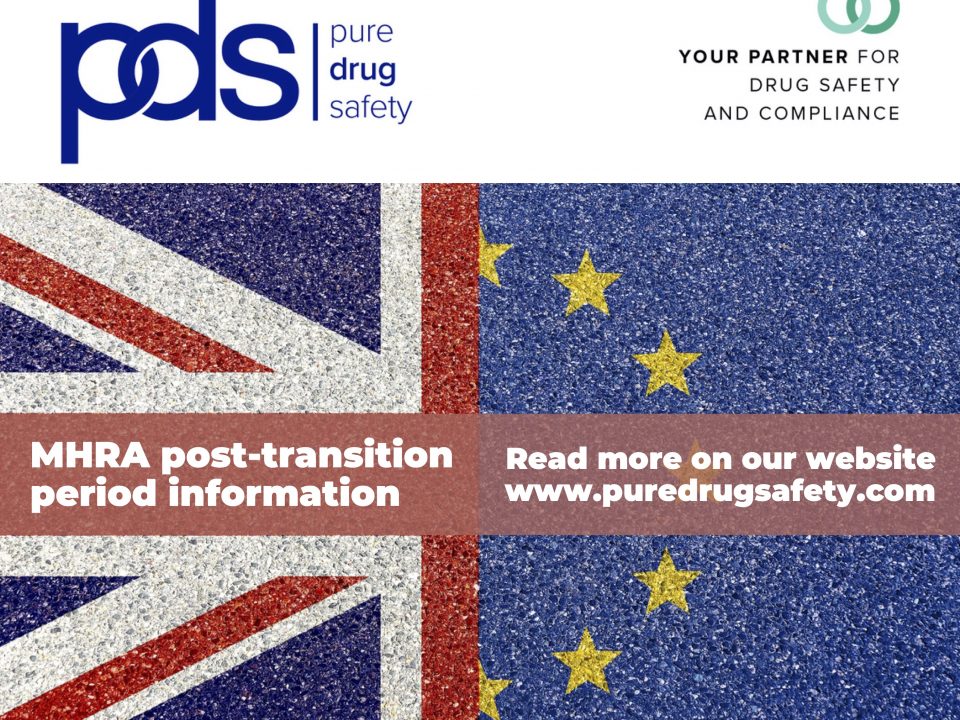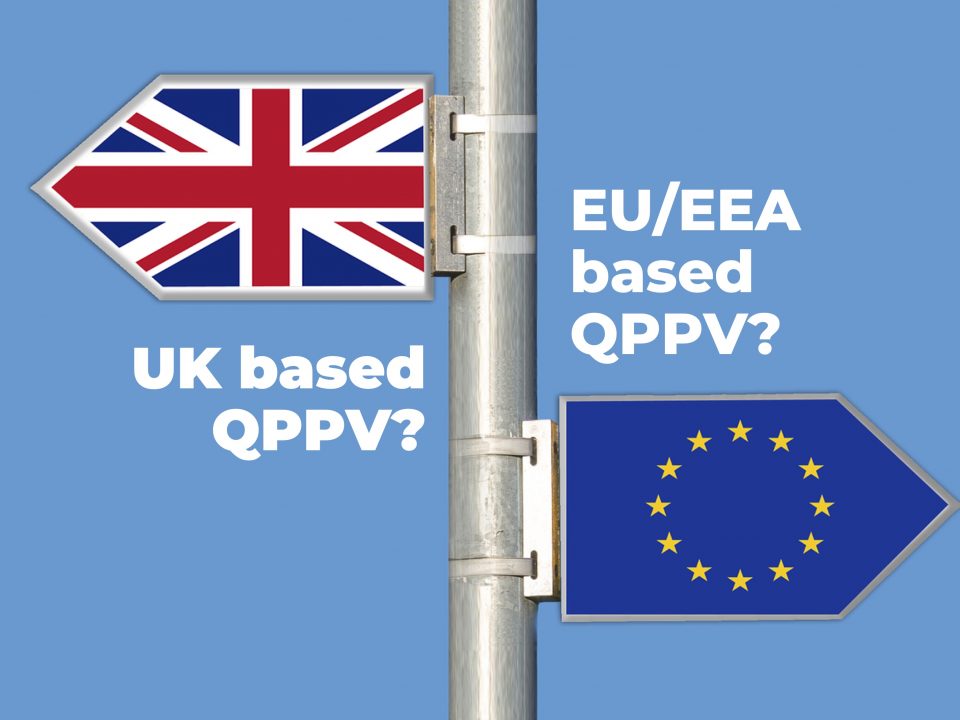
Meeting highlights from the Pharmacovigilance Risk Assessment Committee (PRAC ) 11-15 March 2019
4th April 2019Yellow fever vaccine
22nd July 2019Recently, (24 March 2019), the FDA have started to scrutinise the safety of breast implants, which brings into focus the importance of post-marketing surveillance in patient safety.
Back in 1992, the FDA banned silicone gel implants because of fears that they may cause breast cancer, lupus, chronic fatigue syndrome and other disorders. Then in 2006, the FDA agreed to re-introduce silicone implants with the caveat that all manufacturers track recipients over a long period to monitor any adverse side-effects.
The position has been that implants are safe, as long as patients realise that they can have complications. But, recently there has been confirmation of a link between textured implants and breast implant-associated anaplastic large cell lymphoma. Furthermore, there has been a continuation of women complaining about other ailments like muscle pain, rheumatoid arthritis and immune system disorder.
Late last month (March 2019), it was reported that the FDA had issued warning letters to two breast implant manufacturers as they had failed to comply with these requirements and were in violation of the pre-market approval order. The regulator was concerned about the low recruitment, poor data and low follow-up rates in the post-approval studies. The FDA have given both firms 15 working days to respond. This marks a more aggressive approach and shows how seriously the FDA is approaching patient safety issues. They have developed a National Breast Implant Registry to aid in the collection of data to help understand the long term safety and risks associated with breast implants.




